William Gibson stories are filled with intricate descriptions of objects and software functions. It’s a kind of futuristic worldbuilding predicated on humanity’s attention to detail when constructing the things we’ll depend on in the years to come (just think of mirrorshades). Gibson enjoys giving readers these highly imaginative but specific looks at futuristic computing, especially as it pertains to new digital forms of existence. You’d think the man is a tech god, a computer genius of unparalleled skill and depth of knowledge. This is why it was so disarming to hear him say to a roomful of people at New York Comic Con 2019 that we probably knew more about computing than he did.
It was a micro-event of epic proportions, being let in on this particular tidbit about his approach to science fiction storytelling. And it made for a very special night where a group of eager and interested fans got the rare chance to see a master storyteller deconstruct his craft and his persona in such an honest and revealing way.
By the end of the panel I’m sure everyone was absolutely certain of one very important thing about William Gibson: he loves imagining things and turning them into stories. And that he’s damn good at making them feel so tangibly probable.
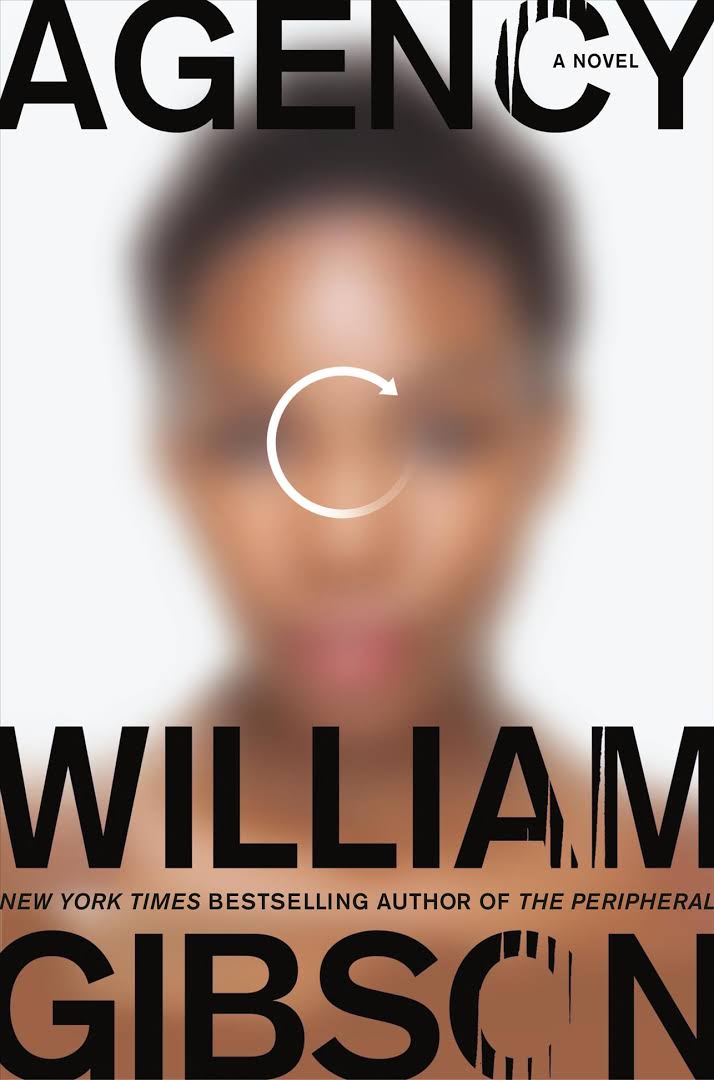
The legendary writer of Neuromancer (considered by many the highest most purest expression of cyberpunk in literature) was in conversation with Lev Grossman at NYCC ’19, on October 5th, 2019. The panel started as an exploration of his new book Agency (to be released in January 21st, 2020), a prequel/sequel to his previous book The Peripheral. The story deals in time travel by way of split timelines called stubs and how people came up with a way to travel through them digitally.
Gibson started with his views on time travel in fiction, specifically on its overreliance on paradoxes. “I was repelled by tedious paradoxes, so I thought of it as splits in time that created other timelines. Then I could make them purely digital.” Readers familiar with The Peripheral know that these time splits are called stubs in the novel and are seen as offshoots of the main timeline that change precisely at the moment someone or something changes the past and alters future.
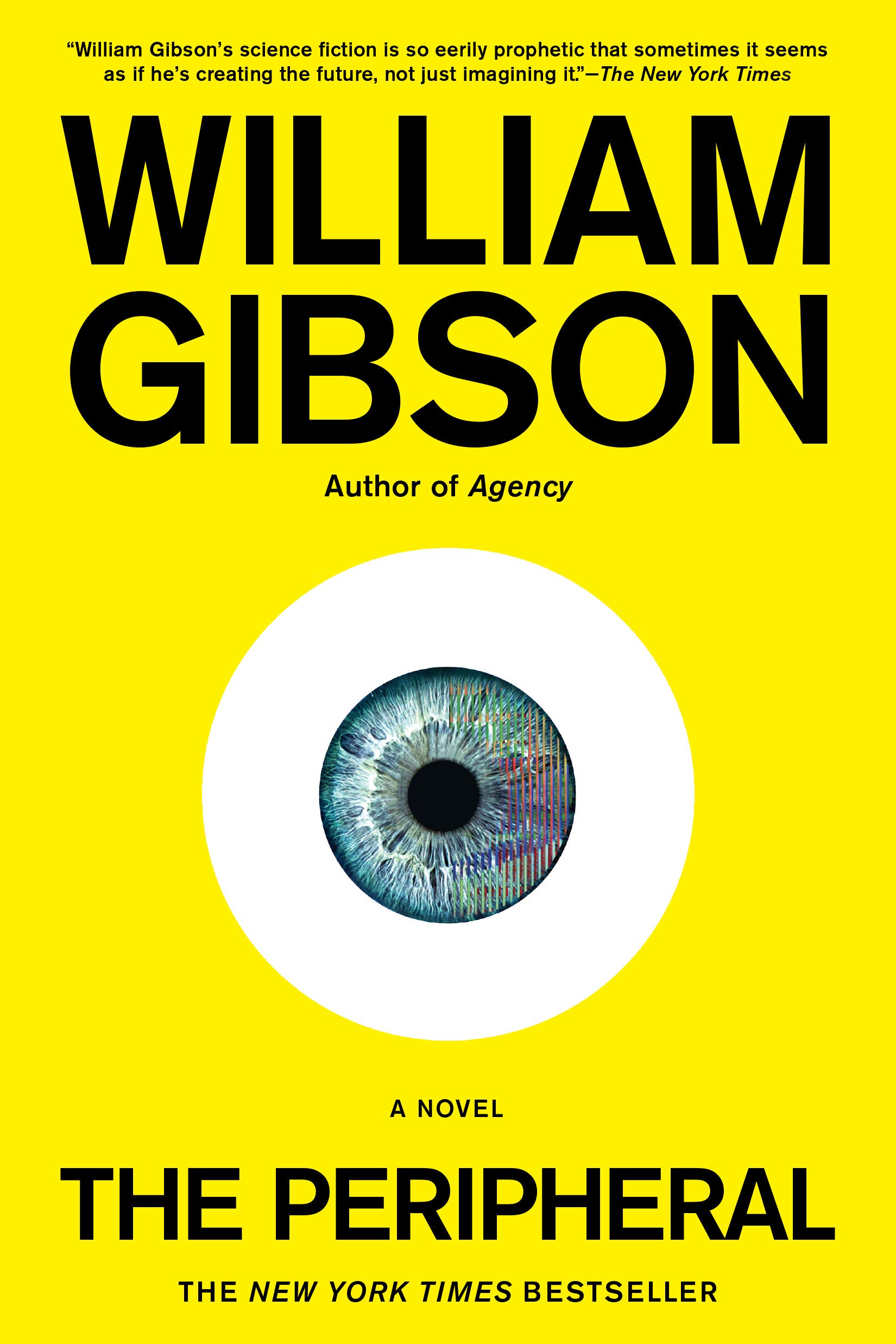
Agency, for instance, imagines a world where Hillary Clinton won the presidential election and Brexit was a non-starter. “But this is no liberal paradise,” warns Gibson. “It’s a world where the opposite outcome is ridiculous.” The book attempts to show that the idea another reality would’ve been better than the one we have is entirely deceptive. This isn’t new territory for Gibson, but it is more explicit in its unveiling of our flawed imagination when it comes to thinking of things that could’ve been.
This concept extends into his views on the singularity, where tech supplants humanity and replaces it as the new existential status quo. “The mythology of [singularities] hasn’t inspired me very much,” Gibson stated. “Our reality is a raggedy-assed construct. I sometimes can’t believe it even works. So I’m baffled at the idea that something we build will take over.”
This conversation spilled into Apocalypse territory and how “unequipped” we are to even comprehend it. Gibson prefers to view the end of humanity, in his Periphery world, as a long and slow process that has to consider different existential components when it comes to changing behaviors and and forms of thought. “You don’t see guys holding signs that say ‘the world will end in 200 years,’ right? We have relied too much on the short and fast Apocalypse of the Bible. Think about climate change. It’s a very slow thing. We have to think about it as a whole shift in reality that comes in phases.”
Gibson likes to indulge in the mechanics behind big societal developments—how absolute they become or what new standards they create—but what really drives his narratives and his ideas are the micro-interactions we have with tech. “It’s neurological. I’ve always been attracted to objects,” Gibson said.
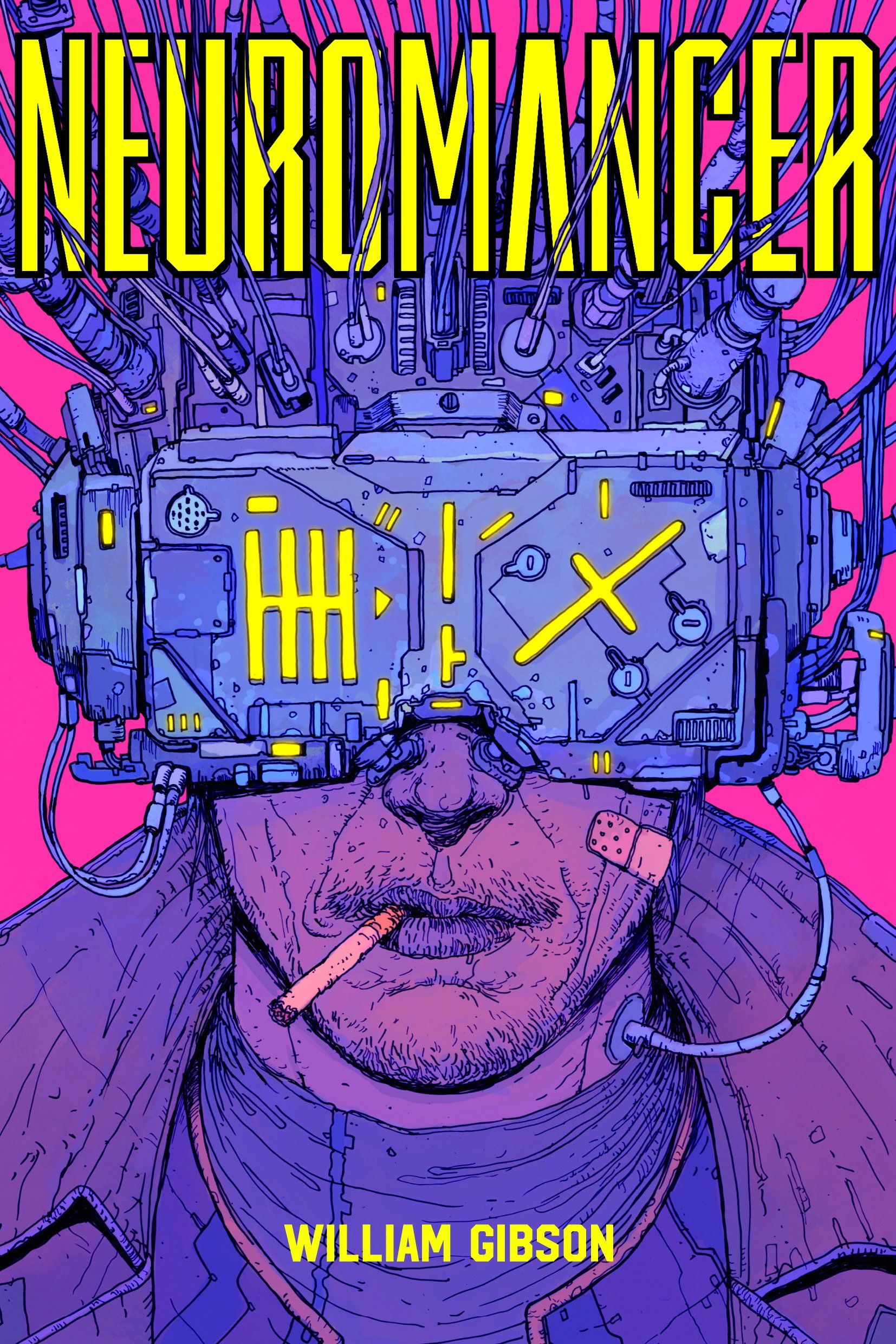
From this part of the panel onwards we were treated to a piece by piece deconstruction of a writer’s mind done by the writer himself. Gibson treated the audience with some of his earliest writing experiences and how they shaped his approach to words and storytelling. He spoke of once having a composition teacher who was frequently hired by the military to write the descriptions of objects that were to go into official catalogs for government use. Gibson said the teacher would assign writing exercises about describing specific things almost to the point of obsession. It was an exercise in thoroughness, but also an exercise in imagination.
“It made think about objects differently,” Gibson remembered. “Think about it, why is Apple so invested in making the experience of unboxing a phone such an event? I want to look at the micro-behaviors behind that. I’m more of an anthropologist than a tech expert. More interested in how humans interact with tech.” Considering these expressions, it was easy to see just how much Gibson appreciates the space for play that fictions affords him.
Gibson creates highly intricate fictions about technology not for technology’s sake but for humanity’s. It’s about how we behave and create new behaviors when we get a new toy to play with. The intricacies surrounding his object descriptions and his A.I. systems are more gateways into the human psyche than into the calculation capacities of digital constructs.
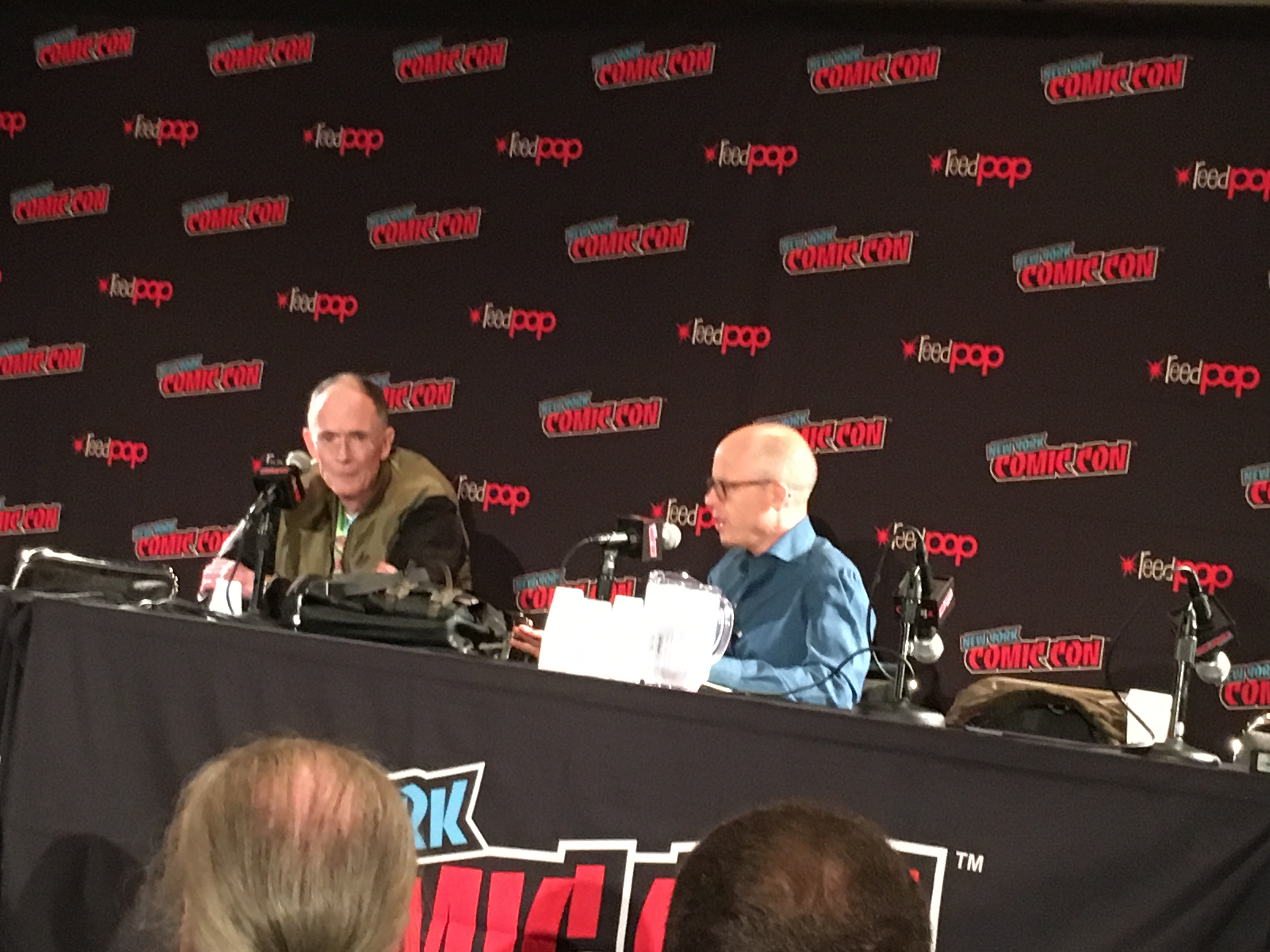
When Gibson said “I’ve gone to the least amount of tech conferences than anyone in the Science Fiction field,” the point really hit home. Whatever comes out of Gibson’s fiction, his cyberpunk ideas and such, is perhaps better seen as speculation based on human-created needs and addictions. It’s about our desire to shape the future from beforehand.
“Cyberpunk has become retro-future,” Gibson added on this subject. “We imagine the future from our present. We imagine the 1920’s from the 1950’s (which might explain why Blade Runner’s future looks so much like a darker but still neon-lighted version of the 1980’s).” Gibson said that what he wants to do is “give readers the basis through which they can ask questions to those who really know.” Therein lies some of the magic behind his fiction and his writing philosophy.
Imagination for Gibson is a facilitator of questions that should be discussed and debated openly. Love of storytelling is what makes this type of communication possible. His revelations on his desire to imagine things in function of dissecting micro-interactions pushes boundaries by, in a way, inviting writers to imagine probable things without thinking fidelity to current tech trends is an absolute must. How we’ll behave in the future is a more stable and rich storytelling question than what type of processor next-gen computers will possess some fifty or seventy years from now. Perhaps that’s Gibson’s secret ingredient for writing. That speculating about the future is all about looking at how we’re currently behaving.



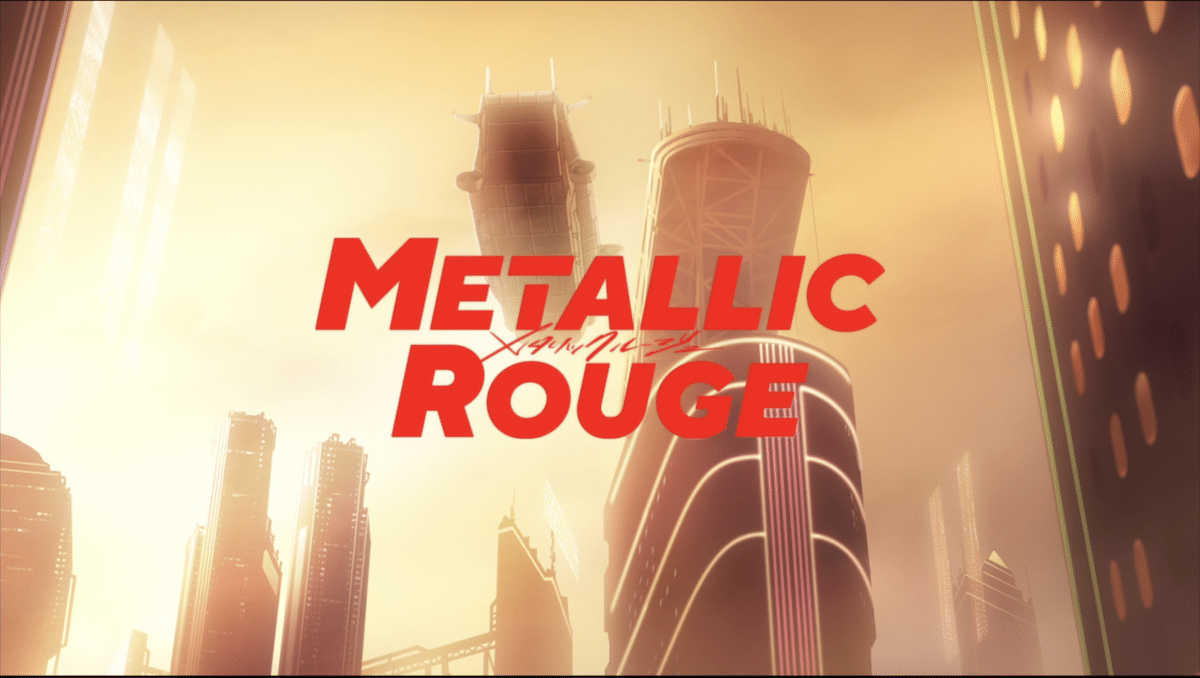



Comments are closed.